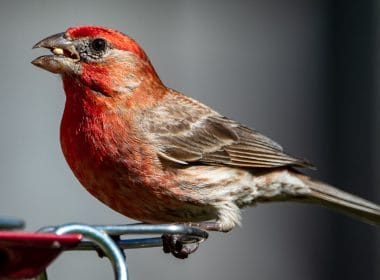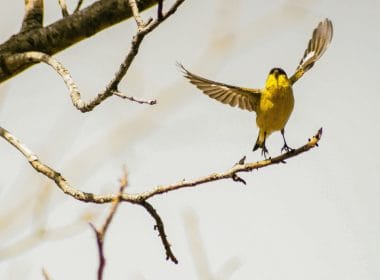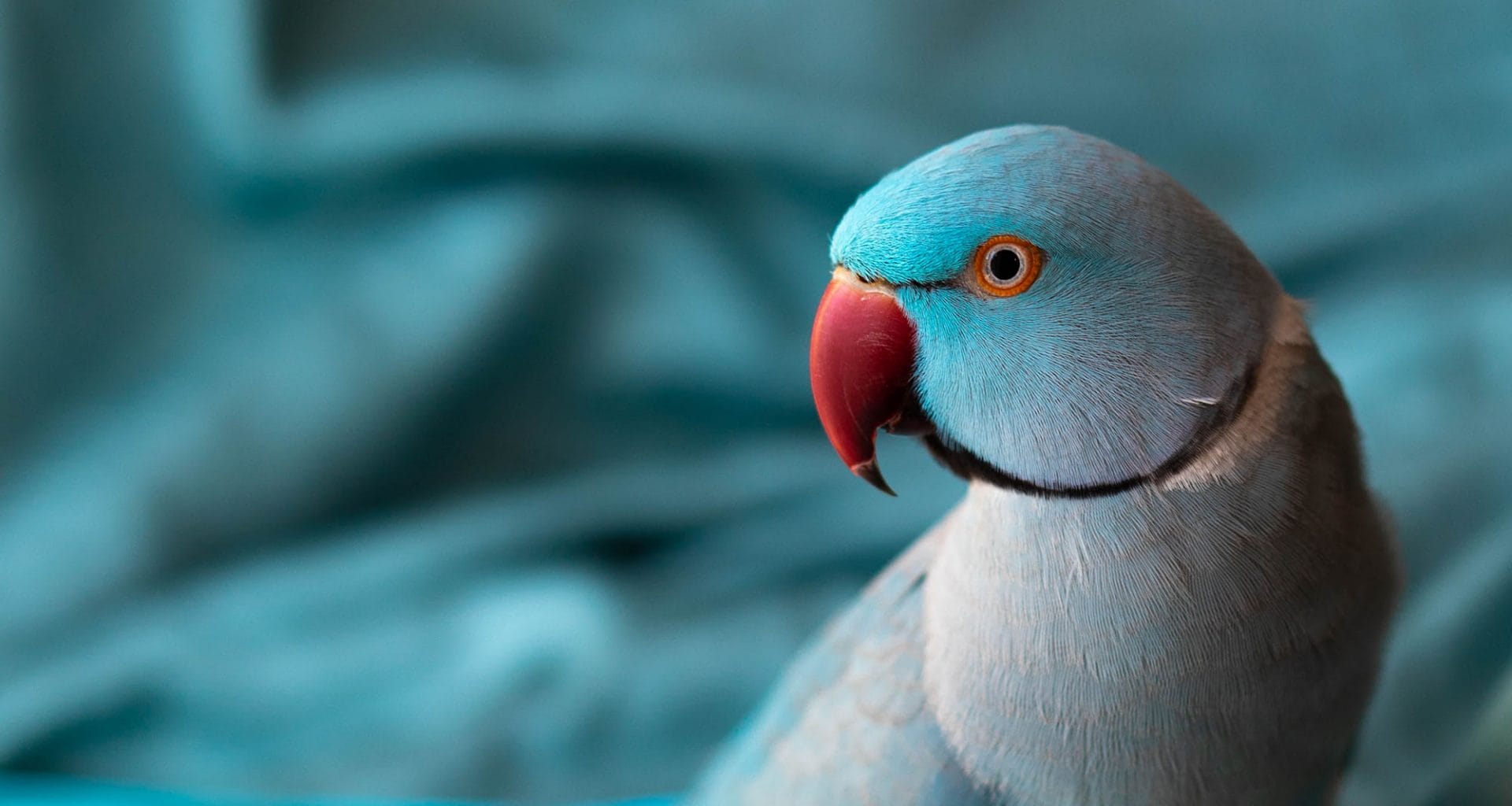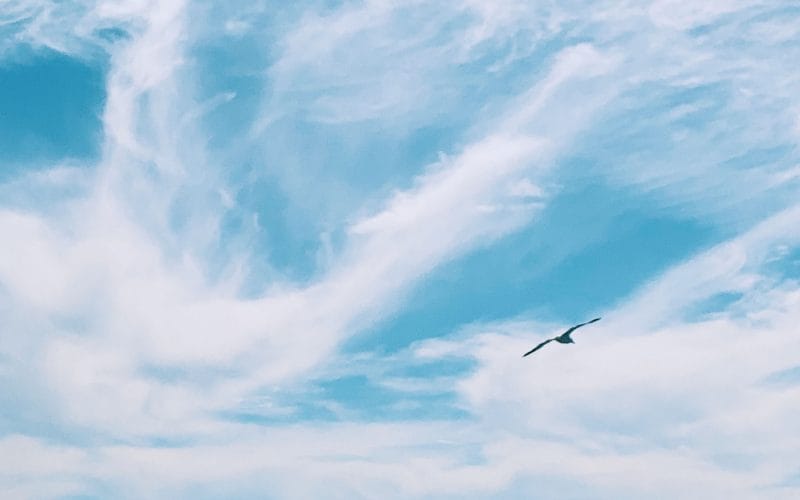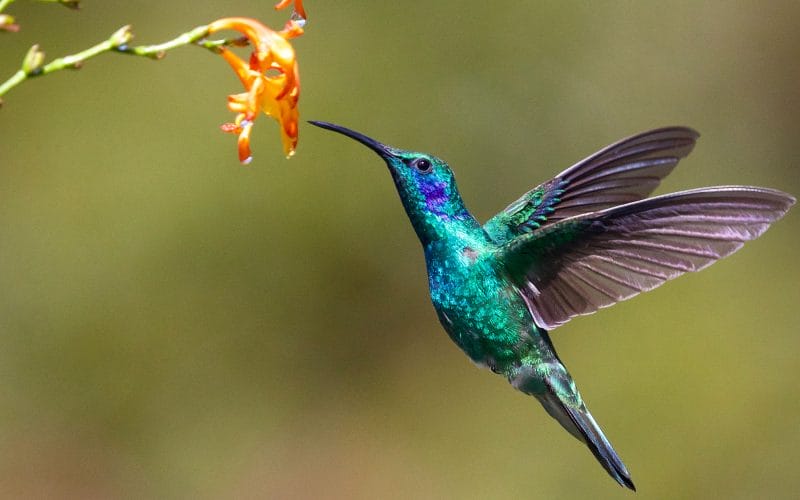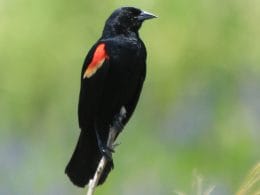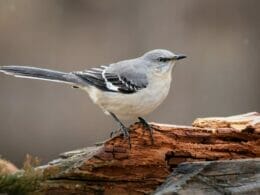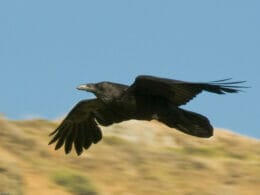The question should rather be, should you keep a wild bird as a pet. And the answer is no. sure, there are some extenuating circumstances, but wild birds should remain in the wild. If a bird is unable to be rehabilitated, then you might consider giving it a loving home. Other than that, you shouldn’t remove birds from the wild to make them your pets. Please avoid people selling wild birds, do not support them. There are many captive-raised birds needing homes.
Furthermore, it is cruel to remove birds from their natural habitat for your selfish needs. If you do want to home a bird, then consider birds that are accustomed to living in captivity. However, please avoid people and businesses that specifically breed wild animals and capture the wild birds to sell. If they do not have people supporting them, it undermines this cruel trade.
So, the short answer is no. You cannot capture and tame a wild bird as your pet.
Issues with Keeping Wild Birds as Pets
On that note, there are often times when people have found injured or sick birds. Before you attempt to rescue it, it is crucial that you contact a nature center or wildlife rehabilitator that can offer the best advice.
Keeping wild birds as pets is awfully cruel. Aside from the moral aspect, there are also legal issues. Some areas have made it completely illegal. The United States is one of these areas. In the US, it is illegal, and it is a felony to capture and keep wild birds. But it doesn’t stop with the actual wild bird. There are even laws against taking eggs and feathers. It is illegal to have a feather from a wild native bird or an egg.
So, the short answer is no. You cannot capture and tame a wild bird as your pet.
Author Note: As for capture-raised birds, there are moral issues to navigate as well. Keeping birds as pets is not a good idea. Most of the time, they have to be caged. Unless a bird is born and raised in captivity, it can be heartbreaking to witness a bird spending its days in captivity.
Birds are meant to be wild creatures, living free and flying. Having a caged bird might offer some selfish enjoyment, sure. But, if you think about it, the very thing you appreciate about a bird is the freedom it signifies. The beauty of a bird flying, its timid nature, and its fierce independence from humans- these are some underlying qualities that make birds so enigmatic.
Is It Cruel to Keep Birds as Pets?
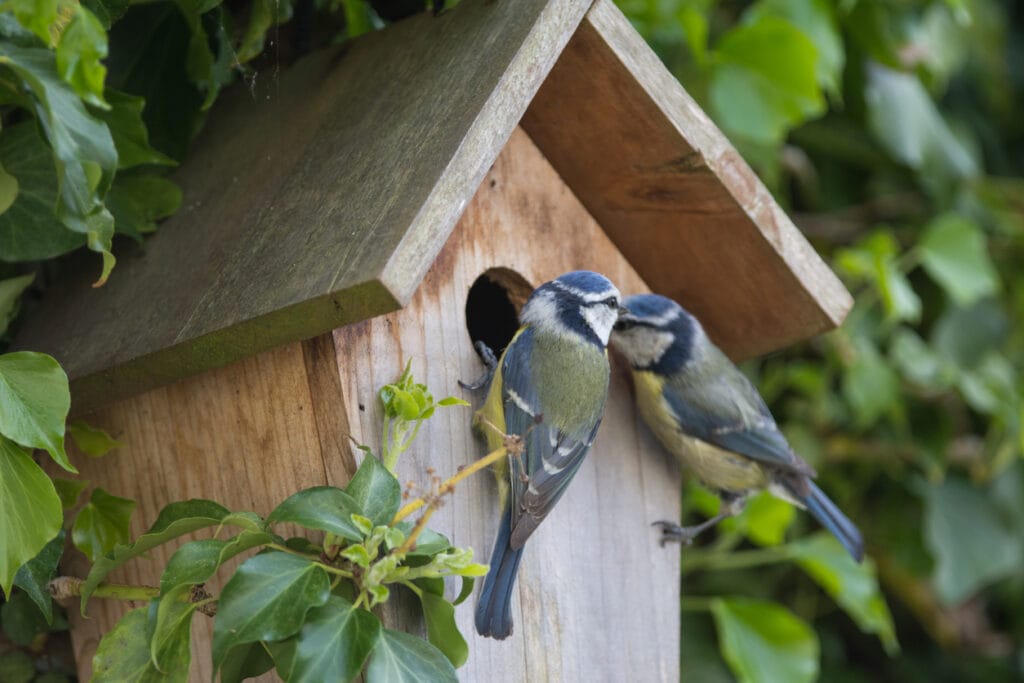
What do you feel when you see a dog chain up day after day? The dog eventually becomes overly aggressive or despondent. It is cruel. And caged birds will crave the freedom that they once enjoyed. What’s more, many birds are not solitary animals.
They crave the companionship of a flock or a mate. Some birds even have long lives, and some people initially jump for joy at the thought of a new pet. But, eventually, the newness wears off, and the excitement wears off. And you’re left with a bird living out long and lonely days in a cage. Birds will typically suffer from extreme boredom and loneliness.
They may become incredibly neurotic and exhibit aggressive and self-destructive behavior. Sure, there are some exceptions, but it is safe to say that in most cases it is cruel to keep birds as a pet in a cage.
Why We Love Birds
Birds are animals that fascinate most people. They exemplify the freedom that most humans crave. Birds are not often understood- being quite unique compared to other animals. They can sing, fly, and some even learn to speak. Birds are intelligent animals, and some with exotic coloring are often highly sought-after pets.
Many people want to get a bird to admire these characteristics, but it is cruel. Many people who coo at the pet shops through the cages are blissfully unaware of the bird business’s cruel practices. Breeding, smuggling, and cruelty are harsh realities most people frequenting pet shops are all too ready to ignore.
Bird Breeding Mills
Bird breeding mills are inhumane. It is as simple as that. Yet, they are all too common throughout the globe. Many people have become aware of the unfortunate reality of puppy mills. Puppy mills have received attention over recent years, and, thankfully, more people have begun boycotting practices that inadvertently support puppy mills.
But bird breeding mills? Have you heard of them before? Chances are, this practice is more hush-hush, and not many people even think about where the birds in the pet stores come from.
Author Note: Bird breeding mills often have large numbers of birds, in row upon row of cages. And are these cages designed to offer as much quality and comfort to the birds as possible? Yep, you guessed it. The answer is a resounding no.
If people are working to make money from bird breeding, it’s highly unlikely they care about the bird’s welfare and, dare we say, happiness. Money talks. The cages will typically be designed to maximize profit (i.e., housing capacity) and minimize costs. The cages are usually cold metal cages, devoid of any stimulating toys or objects that benefit the birds.
Bird Breeders are Harmful
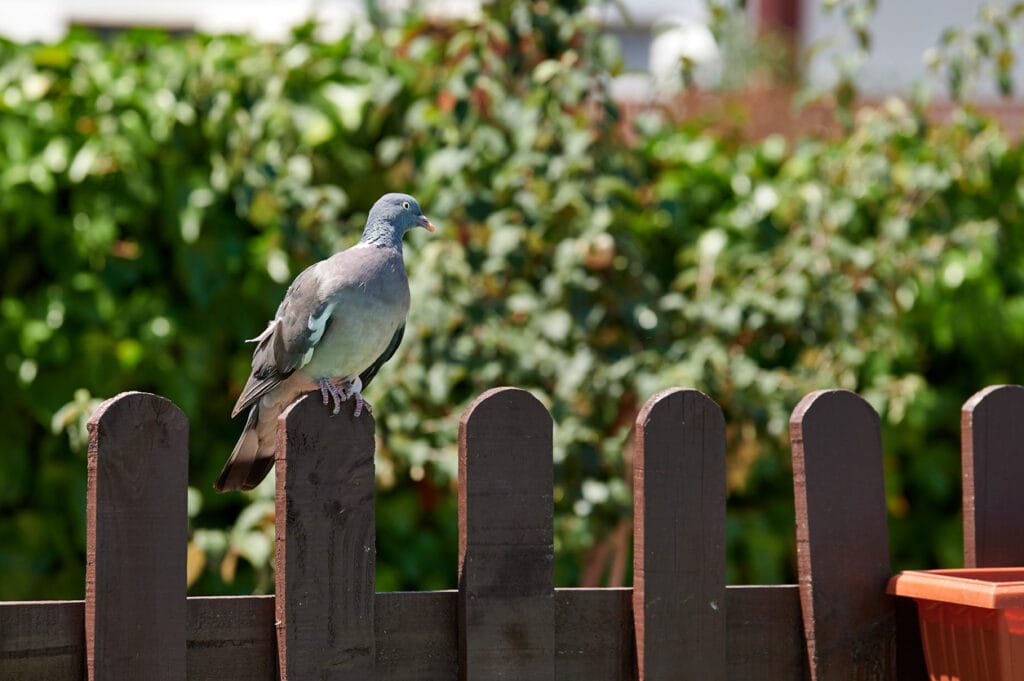
Breeders will even isolate some birds from others. Most species are highly sociable, and they can become stressed and despondent when kept isolated like they are in the bird breeding facilities.
Bird breeders are also not typically concerned about moral implications. Productivity needs to be maximized because that means increased profits. So, to maximize productivity, a bird’s eggs or young babies will be taken away from the moms and dads. This is to encourage them to breed again. Their babies have been lost, and they might still be in a reproductive phase, so the birds are encouraged to breed again.
And do you think the bird breeders will hire professionals that genuinely care for the young hatchlings? While there may be some exceptions, the answer to this question is no. Bird breeders, especially those operating illegally, typically look to have as low production costs as possible. That means a professional with the skills to care for injured or sick birds will usually not be there to offer care. The young chicks are hand-reared by people ill-equipped for the job, and they will be sold off to the highest bidder. And yes, sometimes that is your friendly neighborhood pet shop.
Research shows that hand-reared chicks may develop self-destructive tendencies such as aggression and feather-plucking. And do we even have to point out how cruel it is to rip a mother’s young away?
Do Not Buy Wild-Caught Birds
You should not take a bird out of the wild to put in a cage. Neither should you purchase wild birds that are already in cages. Not only is it illegal, but it is stealing a bird from the wild. However, in some cases, a wild bird will have an injury, and he won’t survive in the wild. In this case, there are exemptions.
However, a licensed wildlife rehabilitator should be involved. The focus should be on what’s best for the bird and not the bank account.
Ethics of Keeping Wild Birds as Pets
It is simply unethical to capture and keep a healthy wild bird as a pet. It is inhumane to remove a bird from its natural habitat and keep it in a cage. Many, if not all, exotic birds sold have been bred in captivity.
You will often see a metal band around a leg, indicating that the bird was not removed from the wild but bred instead. Is this better? No. it is still cruel. If you want to value exotic wild birds, you can volunteer at a wildlife rehab facility or contact one close to you to discuss adopting one.
What’s more, if your illegally obtained wild captive bird becomes ill or injured, it is unlikely that you’ll find a vet to treat it.
Finding a Sick or Injured Wild Baby Bird
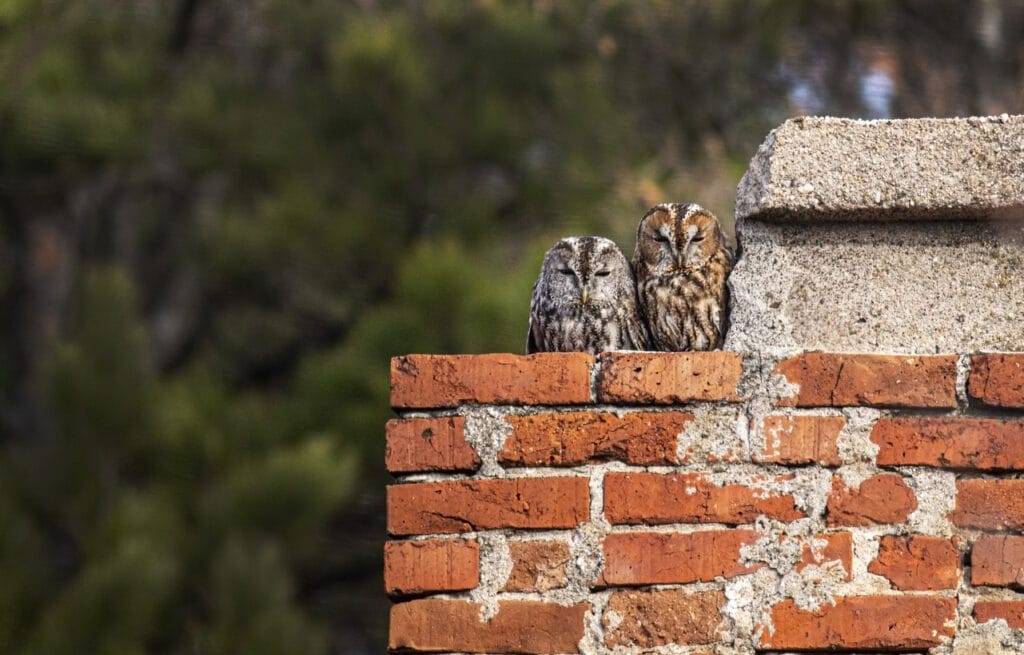
You may happen to find a wild juvenile in the wild that is in shock or needs help. While you may be tempted to come to its rescue, you’ll often do more harm than good. The best thing to do is to contact a local wildlife agency. They will be qualified with the knowledge needed to offer the baby bird the help it needs.
Author Note: In the US, there are only three species of wild birds you are legally allowed to keep. These are pigeons, sparrows, and European starlings. If you find one of these species orphaned in the wild, then you are legally allowed to keep it.
Keeping Birds in Cages
What’s wrong with keeping birds in cages? If you do find an orphaned baby bird, you’re allowed to keep, consider how you are going to house it. Remember that most birds are social, flock-orientated animals. They fly, play, and preen each other, among other behaviors.
You should seek out professional opinions on how to offer the bird a good life. This includes nutrition, socialization, and giving it a healthy environment. There are many reports of birds becoming depressed and self-harming when kept in cages.
Conclusion
Do you want to surround yourself with wild birds? Your best option is to set your garden and home up to welcome them as visitors. Set up several high-quality bird feeders in your garden or window, and plant welcoming trees, bushes, and shrubs. This will help to encourage wild birds to visit your home and garden, and you get to watch them be birds, not captives.
We hope you enjoyed this article on if you can keep a wild bird as a pet.
Fly high friends!
FAQ
No, and you should not want to or try. It is unethical and cruel. Simple.
According to the Utah State University:
In most states, private ownership of wildlife is illegal. These laws exist because wild animals have special needs, and it is difficult to keep them healthy and alive in captivity. Proper nutrition is essential for normal development, and any deficiencies may cost the animal its life.
The Wild Bird Conservation Act 1992 limits or prohibits imports of exotic bird species to ensure that their wild populations are not harmed by trade. It governs the conservation of wild birds as well as the trade in exotic birds.
